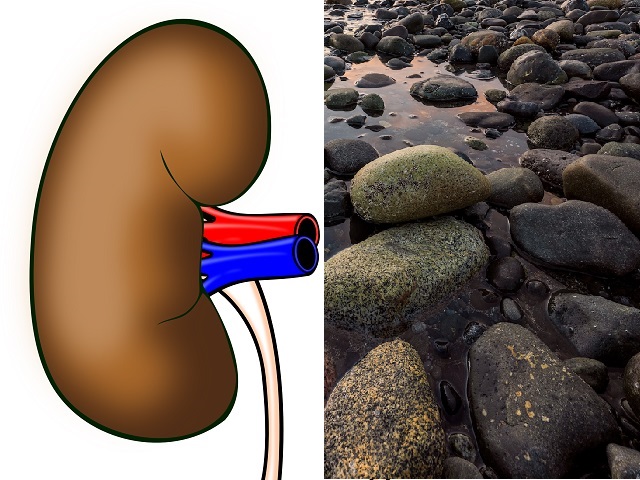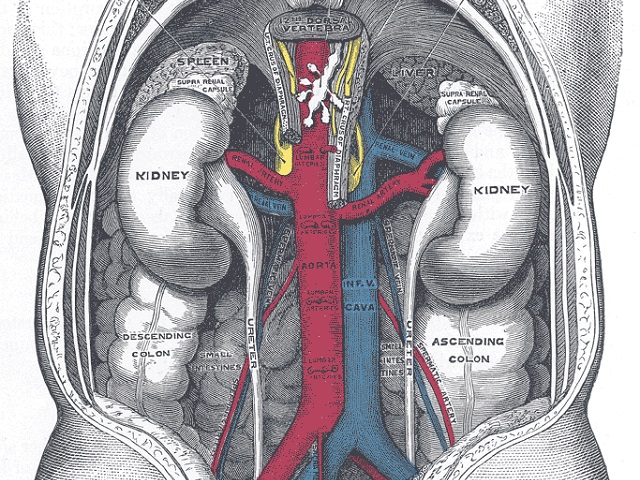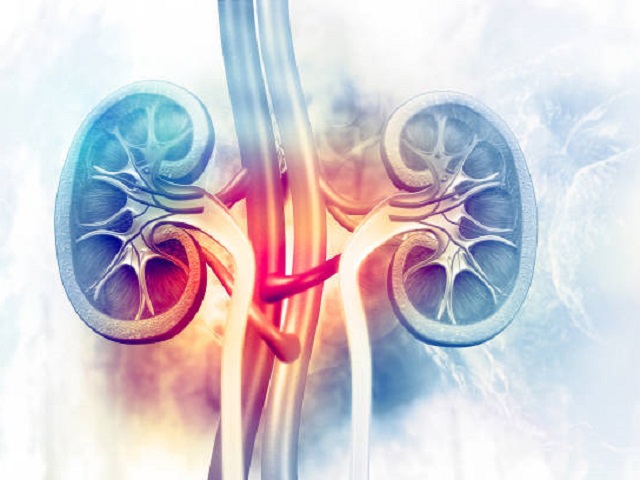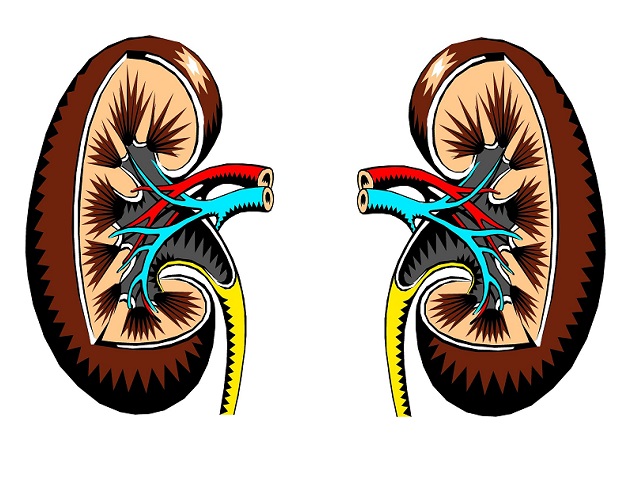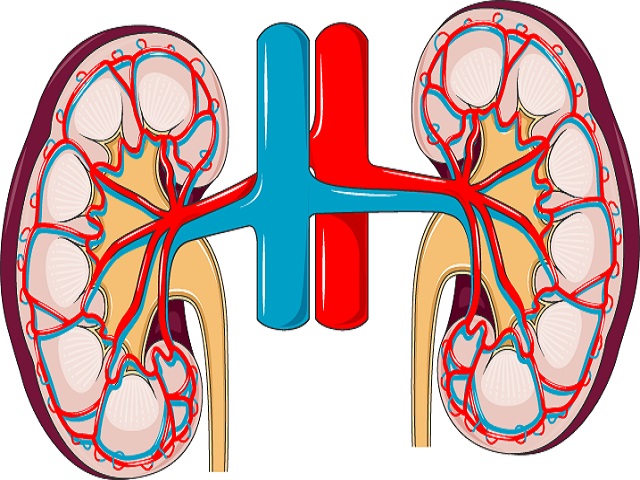8 Signs You May Have Kidney Stones -- Symptoms, Causes, Effects, Treatment and Prevention
Kidney stones, also known as renal calculi, are hard deposits that form in the kidneys when certain substances in the urine, such as calcium, oxalate, and uric acid, become concentrated. Kidney stones can vary in size and shape, ranging from as small as a grain of sand to as large as a golf ball. They can cause severe pain and discomfort when they obstruct the urinary tract.
Symptoms of Kidney Stones:
The symptoms of kidney stones can vary depending on their size and location within the urinary tract. Common symptoms may include:
- Severe pain in the back or side: This is often referred to as renal colic and may radiate to the lower abdomen and groin.
- Blood in the urine (hematuria): Urine may appear pink, red, or brown due to the presence of blood.
- Frequent urination.
- Urgency to urinate.
- Painful urination.
- Cloudy or foul-smelling urine.
- Nausea and vomiting.
- Fever and chills (indicating an infection associated with kidney stones).
If you experience severe pain or any of these symptoms, it is important to seek medical attention (Mayo Clinic, 2021a).
Causes of Kidney Stones:
Kidney stones can form due to a combination of factors, including:
- Concentrated urine: Insufficient fluid intake or certain medical conditions that lead to concentrated urine can contribute to stone formation.
- Dietary factors: Consuming a diet high in sodium, oxalate, or purines (found in certain foods such as organ meats and shellfish) can increase the risk of developing kidney stones.
- Family history: Having a family history of kidney stones increases the likelihood of developing them.
- Certain medical conditions: Conditions such as gout, urinary tract infections, and certain metabolic disorders can increase the risk of kidney stone formation.
- Dehydration: Inadequate fluid intake or excessive sweating can lead to dehydration, promoting the formation of kidney stones.
It is important to identify the underlying causes to prevent the recurrence of kidney stones (National Institute of Diabetes and Digestive and Kidney Diseases, 2021).
Effects of Kidney Stones:
Kidney stones can have several effects on the body, including:
- Urinary obstruction: Large kidney stones or stones that become lodged in the urinary tract can obstruct the flow of urine, leading to severe pain and potential complications.
- Urinary tract infections: Obstructed urine flow caused by kidney stones can increase the risk of urinary tract infections.
- Kidney damage: If left untreated, kidney stones can cause damage to the kidneys, leading to reduced kidney function.
Treatment of Kidney Stones:
The treatment of kidney stones depends on the size, location, and severity of symptoms. Treatment options may include:
- Drinking plenty of fluids: Increasing fluid intake helps flush out the stone and prevent further stone formation.
- Pain management: Medications may be prescribed to alleviate pain and discomfort associated with kidney stones.
- Medications: Certain medications may be prescribed to help dissolve or break down specific types of kidney stones.
- Extracorporeal shock wave lithotripsy (ESWL): This non-invasive procedure uses shock waves to break the stones into smaller fragments, allowing them to pass more easily.
- Ureteroscopy: A thin tube is inserted through the urinary tract to remove or break up the stone using laser energy.
- Percutaneous nephrolithotomy (PCNL): In this procedure, a small incision is made in the back to remove larger kidney stones.
Prevention of Kidney Stones:
Preventive measures can help reduce the risk of developing kidney stones. Some strategies include:
- Drinking an adequate amount of fluids: Staying well-hydrated helps dilute urine and prevent the formation of concentrated urine that can lead to stone formation.
- Dietary modifications: Limiting the intake of sodium, oxalate-rich foods (such as spinach, rhubarb, and chocolate), and purine-rich foods (such as organ meats and shellfish) may help prevent certain types of kidney stones.
- Medications: In some cases, medications may be prescribed to prevent the recurrence of specific types of kidney stones.
Consulting with a healthcare professional is essential for personalized advice on preventing and managing kidney stones (Mayo Clinic, 2021b).
References:
Mayo Clinic. (2021a). Kidney stones: Symptoms & causes. Retrieved from https://www.mayoclinic.org/diseases-conditions/kidney-stones/symptoms-causes/syc-20355755
Mayo Clinic. (2021b). Kidney stones: Diagnosis & treatment. Retrieved from https://www.mayoclinic.org/diseases-conditions/kidney-stones/diagnosis-treatment/drc-20355759
National Institute of Diabetes and Digestive and Kidney Diseases. (2021). Kidney stones in adults. Retrieved from https://www.niddk.nih.gov/health-information/urologic-diseases





